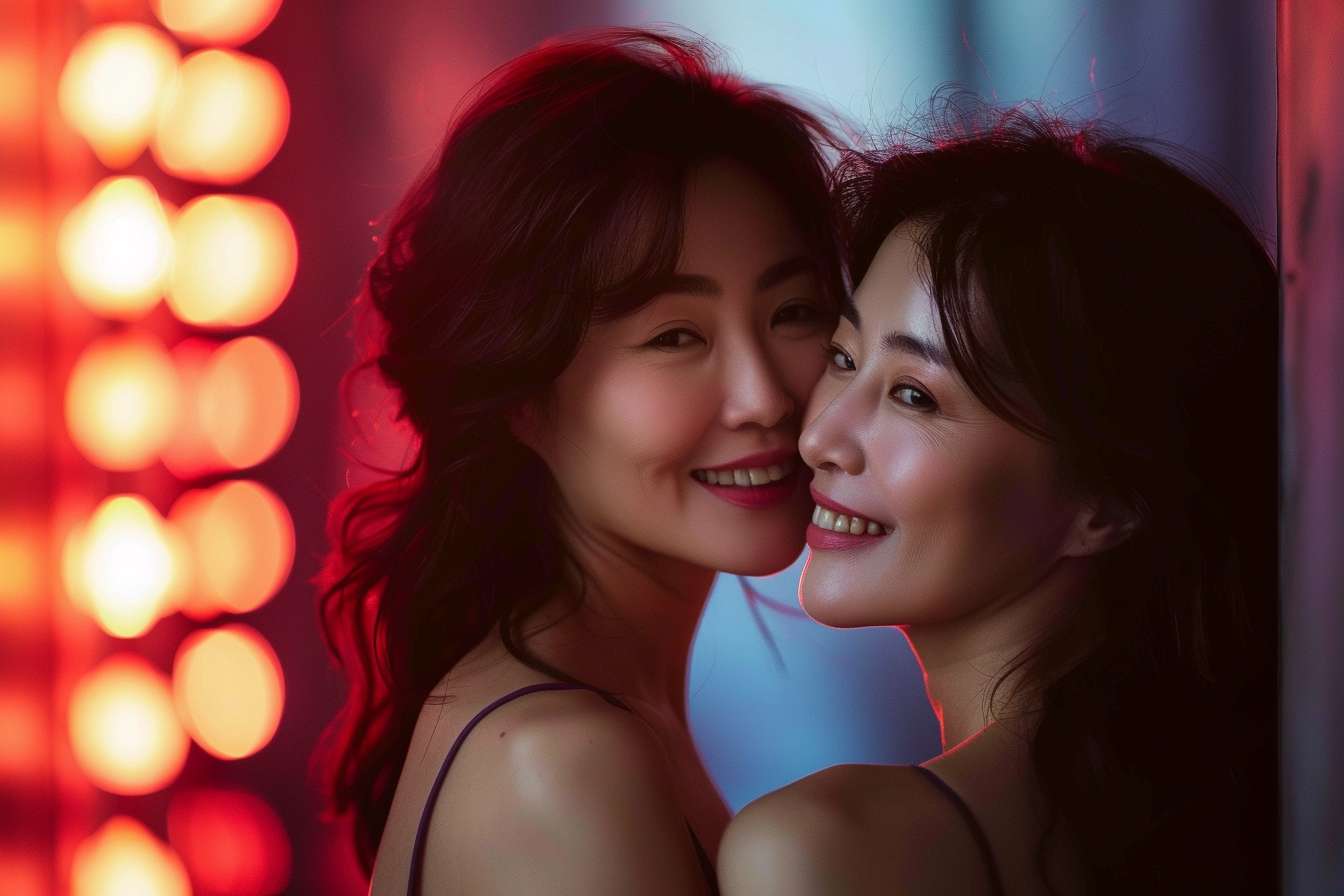The Power of Perfume: History, Influence, and Modern Relevance
For centuries, the allure of scent has captivated the human senses, shaping our interactions and experiences in ways we often overlook. Perfumes, in particular, have a rich and fascinating history, with roots tracing back to ancient civilizations. They have evolved to become powerful markers of identity, mood, and memory, with the ability to evoke strong emotions and transport us to different times and places.

The Historical Significance of Perfume
The origins of perfume can be traced back to the ancient civilizations of Mesopotamia and Egypt, where they held significant religious and ceremonial importance. Perfume was used in temple rituals, offered to the gods, and utilized in the embalming process. It was a symbol of power and status, and only the wealthy could afford such luxuries.
In ancient Greece and Rome, perfume took on a more personal and aesthetic role, with citizens using it to enhance their beauty and express their personal style. The Romans, in particular, were known for their love of baths, and they often used perfumed oils to moisturize their skin and scent their hair. In the Middle Ages, the use of perfume was intertwined with medicine, as it was believed that pleasant smells could ward off diseases.
The Art and Science of Perfumery
Perfumery is a delicate and complex process, combining artistry, chemistry, and a deep understanding of the human olfactory system. It involves the careful extraction and blending of various natural and synthetic ingredients to create a harmonious and evocative scent.
In the 19th century, the advent of synthetic materials revolutionized the perfume industry. Perfumers were no longer limited to the natural ingredients available to them, and they could now create an infinite array of new and unique scents. This marked the birth of modern perfumery, with many of the iconic fragrances we know today dating back to this era.
The Sociocultural Impact of Perfume
Perfume has always been a powerful tool for personal expression, and it plays a significant role in shaping our perceptions of self and others. It can convey a sense of allure, sophistication, or mystery, and it can evoke memories of people, places, or moments in time.
In the world of fashion, perfume has become an essential accessory, complementing the visual aesthetics of clothing with an olfactory experience. Many fashion houses have their signature fragrances, which are often marketed as an integral part of their brand identity.
In popular culture, perfume advertisements often portray a particular lifestyle or fantasy, selling not just a scent but an aspiration. These ads play a critical role in shaping societal ideals of beauty, glamour, and desirability.
The Evolution of Perfume Trends
Perfume trends, like fashion trends, reflect the zeitgeist of a particular era. In the 1920s, the popularity of oriental fragrances mirrored the exoticism and escapism of the jazz age. In the 1960s, the rise of youth culture led to the emergence of fresh and floral scents.
Today, there is a growing interest in niche and artisanal perfumes, which offer unique and personalized scent experiences. This trend reflects a broader societal shift towards individualism and authenticity, and a rejection of mass-produced, generic products.
The Future of Perfume
In the age of technology and sustainability, the future of perfume looks promising and exciting. Advances in biotechnology are opening new possibilities for sustainable and ethical fragrance production. At the same time, digital technologies are transforming the way we discover and experience perfume, with virtual reality and artificial intelligence being used to create personalized scent experiences.
In conclusion, perfume is much more than just a beauty product. It is a powerful sensory experience, a form of self-expression, and a mirror of societal trends and values. Its rich history and evolving role in our lives make it a fascinating subject of study, offering unique insights into the human experience.




